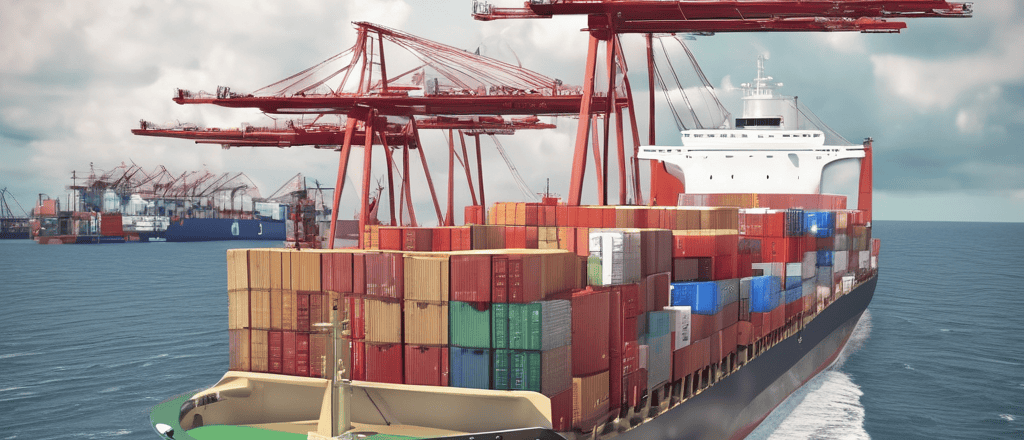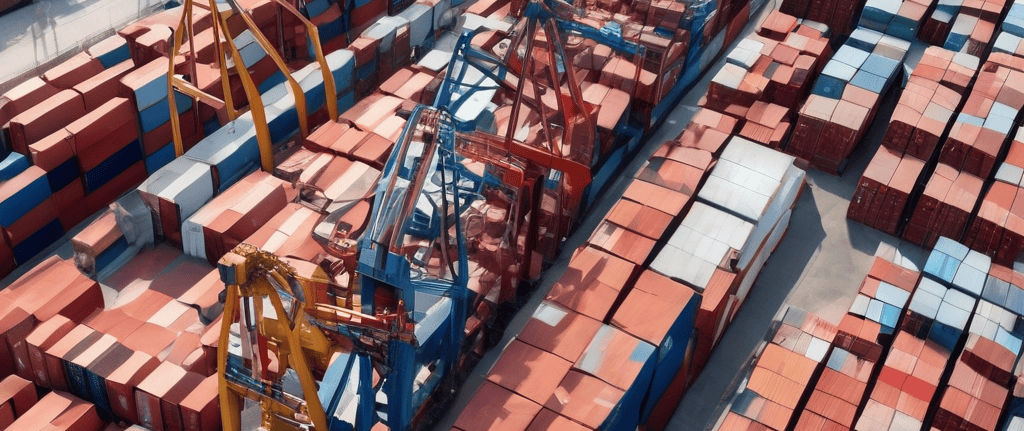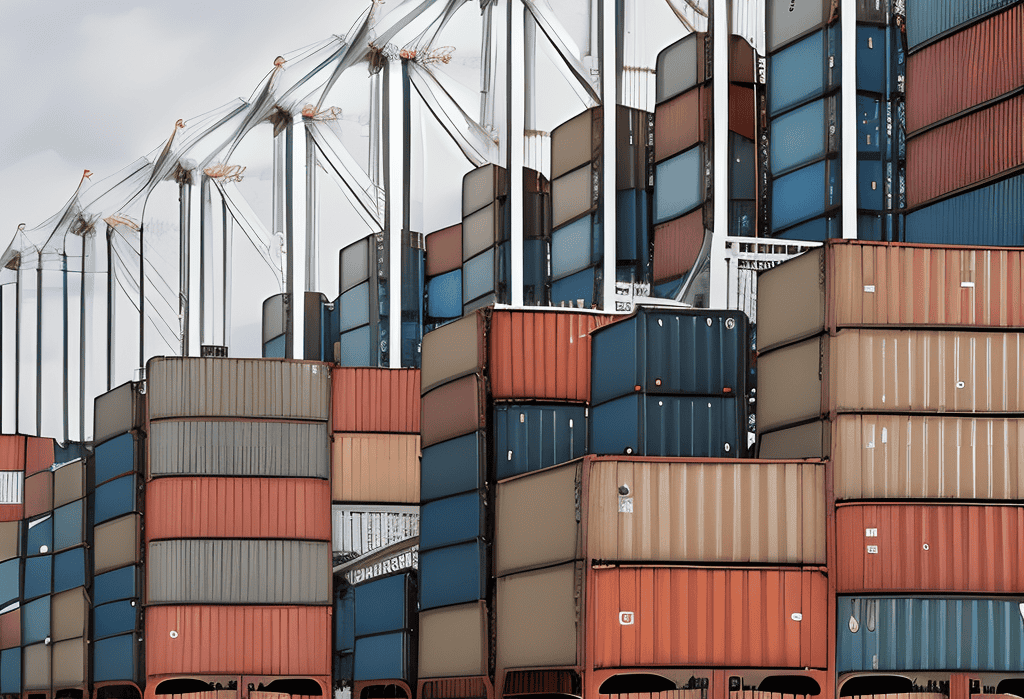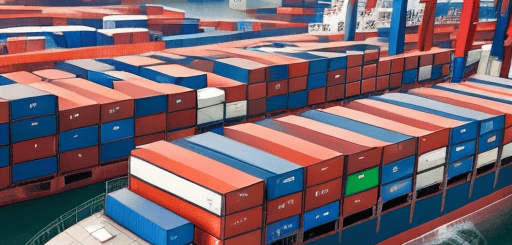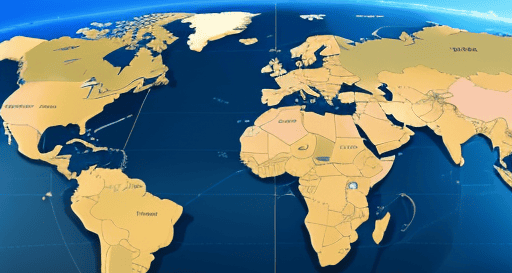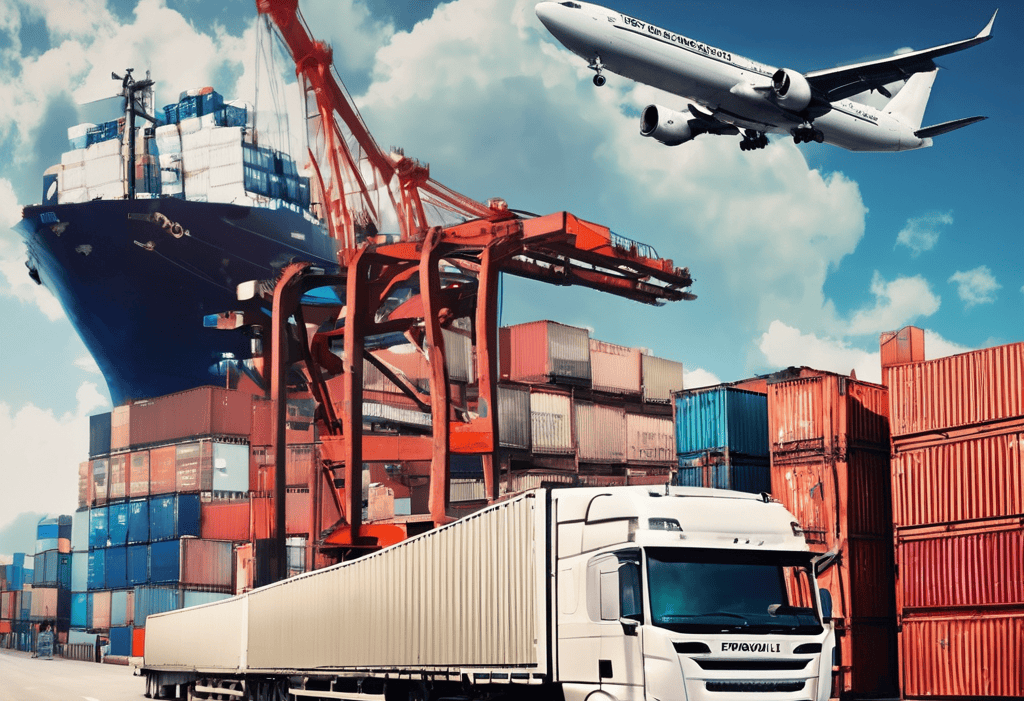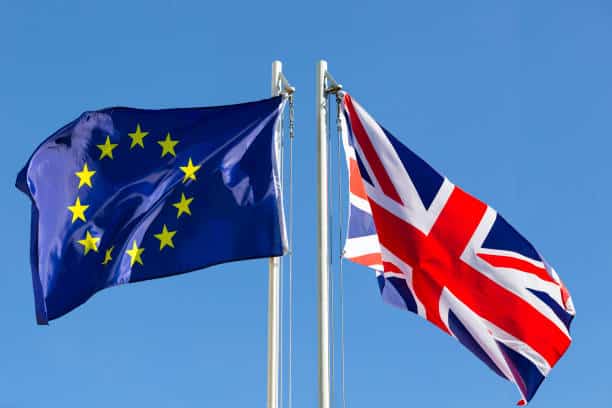Brexit has brought significant changes to the UK's trade relationship with the EU and has implications for global trade dynamics. The reintroduction of trade barriers, disruptions to supply chains, and changes in market access for services have impacted businesses and industries in the UK and the EU. At the same time, Brexit has opened opportunities for the UK to pursue independent trade agreements and strengthen its global trade ties. The full extent of the impact of Brexit on international trade will become clearer as trade patterns and economic relationships continue to evolve in the post-Brexit era.
Trade Relationship Between the UK and the EU
Prior to Brexit, the UK had a deep economic integration with the EU, benefiting from the single market and customs union. After Brexit, the UK left the single market and customs union, resulting in changes to the trade relationship.
In 2020, the EU accounted for approximately 43% of the UK's total exports, while the UK was the EU's third-largest trading partner, accounting for around 9% of the EU's total exports. These figures indicate the significant economic interdependence between the two entities.
Trade Barriers and Tariffs
As a result of Brexit, trade barriers and tariffs have emerged between the UK and the EU. While the UK and the EU have reached a trade agreement, known as the Trade and Cooperation Agreement, trade between the two entities is no longer frictionless.
The UK's exit from the EU's single market and customs union has led to the reintroduction of customs procedures, border checks, and regulatory requirements. These changes have increased administrative burdens and costs for businesses engaged in UK-EU trade.
Supply Chain Disruptions
Brexit has also caused disruptions to supply chains, particularly for industries relying on just-in-time manufacturing and cross-border logistics. The increased border checks and regulatory requirements have led to delays in goods transportation and added complexities to supply chain management.
Impact on Services Trade
Services trade, which includes sectors such as finance, professional services, and digital services, has also been affected by Brexit. While the Trade and Cooperation Agreement includes provisions for limited market access in services, it does not provide the same level of access as the UK had when it was part of the single market.
This has led to challenges for UK service providers operating in the EU, as they now face new regulatory barriers and restrictions on market access. Similarly, EU service providers face hurdles when accessing the UK market.
Opportunities for Global Trade
Brexit has created opportunities for the UK to forge new trade relationships beyond the EU. As an independent trading nation, the UK has the flexibility to negotiate trade agreements with countries outside the EU. The UK has already signed trade deals with several countries, including Japan and Canada.
These new trade agreements aim to enhance market access, reduce trade barriers, and promote economic cooperation. However, it will take time to assess their full impact on the UK's international trade landscape.
Economic Impact and Trade Figures
The economic impact of Brexit on international trade is a topic of ongoing analysis and discussion. While specific figures regarding the precise impact of Brexit on trade flows are still emerging, there are notable trends:
-
According to the Office for National Statistics (ONS), UK goods exports to the EU decreased by 14.9% (£18.9 billion) in the first quarter of 2021 compared to the same period in 2020.
-
UK imports from the EU also declined by 20.3% (£23.7 billion) in the first quarter of 2021 compared to the same period in 2020, according to the ONS.
-
The full impact of Brexit on trade and the UK economy will continue to evolve as businesses adapt to the new trade landscape and navigate the long-term implications of the UK's departure from the EU.
Read more views



























